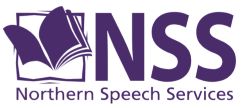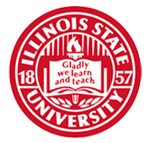Abstract
Evidence supports the use of simulation in educating speech pathology (SP) students, however most of the research has centered on low fidelity techniques as opposed to high fidelity and immersive technologies like virtual reality (VR). Whilst there has been research on the use of VR to teach clinical skills to students in other health disciplines (e.g., dentistry, nursing), use of VR in SP has focused mainly on its use in client intervention. There is an opportunity to use VR to teach clinical skills to SP students, particularly in response to barriers to clinical placement opportunities like the COVID 19 pandemic. Aim/s: The aim of this qualitative study was to explore students’ perceptions on the use of VR to learn a clinical skill: administration of an oral musculature assessment (OMA). Second year SP students received VR training on OMAs (VR-OMA) at the start of their first pediatric clinical placement. Students completed a brief, open-ended survey regarding their experiences and perceived impact of the VR tool. Data from 55 surveys were retrospectively analyzed using a thematic approach. Results: Survey responses highlighted that the VR-OMA training created a positive learning experience. Five themes were generated: the technology, the teaching and learning strategies, the outcomes, the experience, and a good alternative. Speech pathology students valued the inclusion of the VR-OMA training in their learning and highlighted many advantages to the use of this technology when learning a clinical skill.
Recommended Citation
Kelly, B.,
Walters, J.,
&
Unicomb, R.
(2023).
Speech Pathology Student Perspectives on Virtual Reality to Learn a Clinical Skill.
Teaching and Learning in Communication Sciences & Disorders, 7(1).
DOI: https://doi.org/10.30707/TLCSD7.1.1675490380.832879





